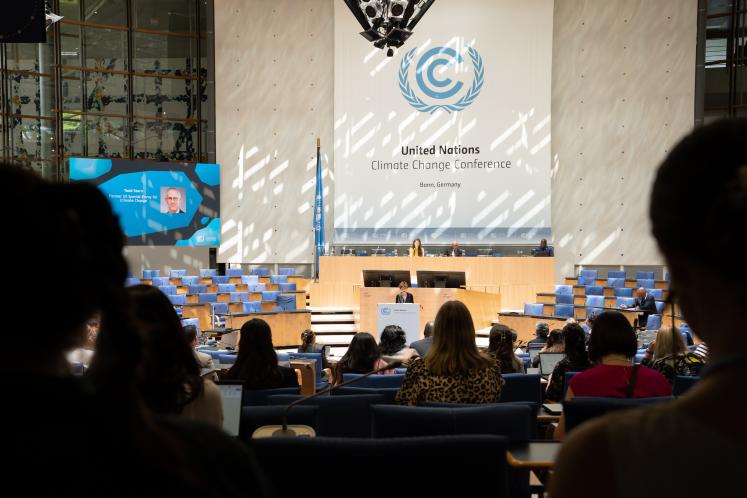The accelerating climate crisis has intensified calls to reform global climate governance. Leaders from the UN Secretary-General to Member States and civil society agree that coordinated action is needed across institutions such as the UNFCCC, international financial institutions, and multilateral development banks.
High-level proposals have followed. At the November 2024 G20 Summit, Brazilian President Luiz Inácio Lula da Silva proposed a UN Climate Change Council to accelerate implementation of the Paris Agreement. COP30 President André Corrêa do Lago later emphasized that this new governance should complement, not replace, the UNFCCC. As President Lula stated in August 2025: “There is no individual way out of the climate crisis ... We need new global governance.”
This discussion paper, produced under UNU-CPR’s Global Governance Innovation (GGI) Platform, builds on the July 2025 workshop “Reimagining Climate Governance: Reforms, Models and Actions” (co-hosted with Brazil, Germany, and the British Academy). It explores how climate governance “hardware” (rules, institutions, mandates) must evolve to meet the scale and complexity of climate risk. The paper asks: with the Paris Agreement’s “rulebook” now complete, can existing institutions deliver the 1.5°C target, Article 2.1c, and $1.3 trillion in annual climate finance – or are new mechanisms needed?
Drawing on over two dozen expert inputs, it identifies key themes on adapting international law, assessing the COP, mobilizing finance, and the implications for Small Island Developing States and Least Developed Countries, concluding with lessons for building adaptive and inclusive climate governance beyond the United Nations Framework Convention on Climate Change (UNFCCC).
Read the discussion paper here.




